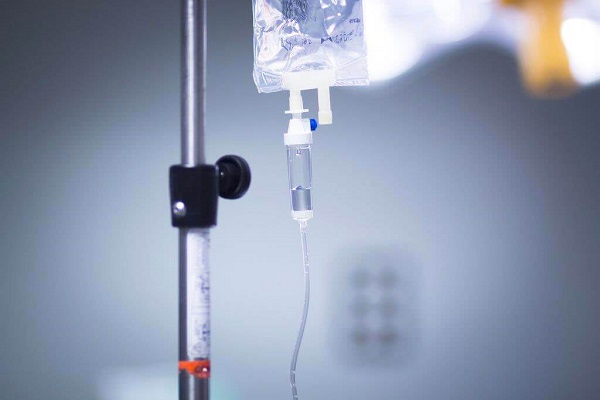Preparing for IV Ketamine Therapy and What to Expect
Prepararing for IV Ketamine Therapy
To prepare for the ketamine intervention, patients are required to abstain from substance use, including from taking certain medications (e.g., drugs that increase their blood pressure). In addition, for several hours prior to the session, they are not allowed to have food (except water).
Before beginning the IV Ketamine therapy session, patients are asked to fill out various screening forms. Blood pressure measurements are also taken. If a patient’s blood pressure is considered high, an antihypertensive agent like propranolol might be administered. Due to the effects of the ketamine intervention, patients will not be able to drive home after the session, so they need to make arrangements to be picked up. Initial dosing of ketamine will be determined based on a patient’s weight, the severity of mental illness symptoms, and the likelihood of tolerating the effects of ketamine (e.g., dissociation).

What to Expect During Your IV Ketamine Therapy Session?
It is essential to feel comfortable and relaxed when receiving ketamine treatment. To that end, patients are encouraged to wear eyeshades and listen to relaxing music during the session. Depending on the route of administration, the effects of ketamine may occur within a couple of minutes or as late as half an hour after the dosing. What are these effects? Patients enter an altered state of consciousness, a restful trance state characterized by a pleasant heaviness and perhaps an absence of sensations. A sense of separation from the usual processing of thoughts and a loss of speech might also occur.
Because these experiences are unfamiliar, some people find certain aspects of these states of consciousness unpleasant. In addition, during the treatment or afterward, patients may experience symptoms like headaches, vertigo, uncomfortable feelings of heaviness, and nausea.
It is important to note that at this point in the session, the patient receiving ketamine intervention can still be brought out of his or her altered state and become alert. Throughout the session, as needed, a health provider will check in with the patient verbally and provide physical contact, including for measuring blood pressure. The physical contact will be limited to touching the arms and shoulders (unless there is an emergency).
What is Treatment-Resistant Depression?
Treatment-resistant depression is a depression that has failed to respond to at least 3 antidepressant medications from different drug classes.
What is Spravato?
Spravato Nasal Spray is a new FDA approved medication for the treatment of chronic depression in adults. Please fill out the form to download our patient guide to get more information on this medication, who is the right candidate, treatment options, and potential side effects.
Talk to your doctor to see if Spravato is right for you.
Please note that Spravato can only be administered in a medically supervised healthcare setting that has been recognized as a certified treatment center.
Schedule Your Appointment
Contact Us
Health Insurance
About us
Contact us
About Harbor Psychiatry & Mental Health
We believe outstanding healthcare is delivered when we merge the science of medicine with the compassion of our hearts. We refer to this as “head and heart together,” inspiring constant improvement and lasting success.
Psychiatrists Orange County CA
Psychologists Orange County CA
Contact us
Address: 4631 Teller, Suite 120
Newport Beach CA 92660
Phone: (949) 486-5984
